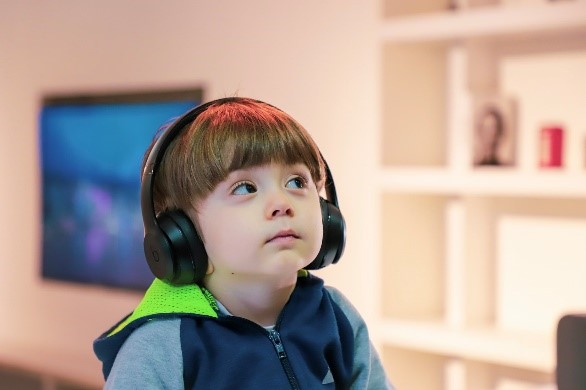Social Emotional Development and Learning

What is Social Emotional Development and Learning?
Social emotional development and learning is essential to the growth of children that begins at birth and continues long into adulthood. The foundation of this development and learning consists of well-trained early childhood and afterschool providers and includes positive relationships between families, educators, caregivers and behavioral or educational specialists. Children who have opportunities to develop social skills are more likely to get along with others, work together and have meaningful and long lasting relationships. Emotional development and learning helps children with relationship building, self-regulation and with recognizing their behaviors. It takes strong relationships and positive interactions to help strengthen children’s social emotional learning and their life long development.
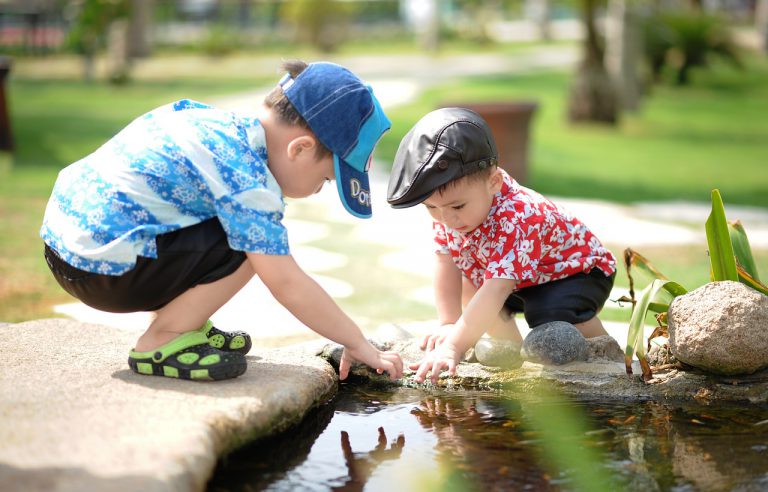
Pyramid Model: A Tool for Social Emotional Development and Learning
Did you know that New Hampshire is a Pyramid Model State?
We are! The state of New Hampshire is the 28th Pyramid Model State in the United States. As the Pyramid Model Consortium website outlines, “Children need positive relationships, and for over 15 years, the Pyramid Model has worked to support social and emotional development in early childhood classrooms. Through evidence-based research, innovative techniques and global reach, Pyramid Model States empower children, birth to 5 years, to succeed in school and life.”
For more information on the Pyramid Model Consortium and Pyramid Model State Partners, click here.
For information on the work of the New Hampshire Pyramid Model State Leadership Team, click here.
What is the Pyramid Model?
The Pyramid Model uses a tiered approach to promote the social and emotional development of all children. It uses the Positive Behavioral Interventions and Supports (PBIS) framework that consists of systems-thinking and implementation science to promote evidence-based practices. It supports children by:
- Promoting learning by building positive relationships among children, families and early childhood professionals
- Understanding the need to develop behavior expectations and how to provide social skills support
- Creating an environment where every child feels good about coming to school
- Providing children individual support as needed
What are the Pyramid Model Tiers?
Tier 1: Universal Promotion
- High quality environments
- Inclusive early care and education environments
- Supportive home environments
- Nurturing and responsive relationships
- Essential to healthy social development
- Includes relationships with children, families and team members
Tier II: Secondary Prevention
- Targeted social emotional supports
- Explicit instruction and support
- Self-regulation, expressing and understanding emotions, developing social relationships and problem-solving
Tier III: Tertiary Interventions
- Individualized Intensive Interventions
- Family-centered, comprehensive interventions
- Assessment-based
- Skill-building
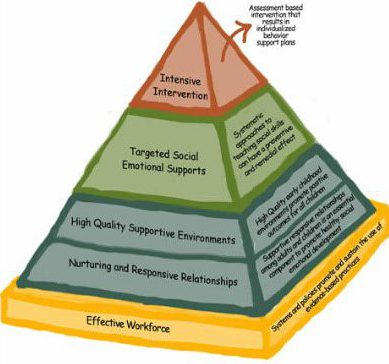
How Can I Learn More?
Professional Development Opportunities:
Connect to the Pyramid Model:
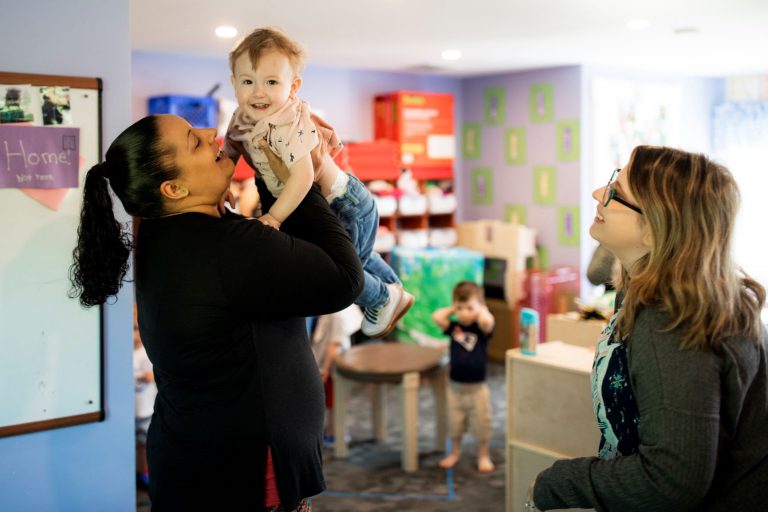
Social Emotional Development and Learning Resources by Topic
Disclaimer: This webpage contains links to other independently run websites outside its domain. Information included on this page is not intended to replace health care guidance offered by a physician or other health professional.
Anger and Impulse Control
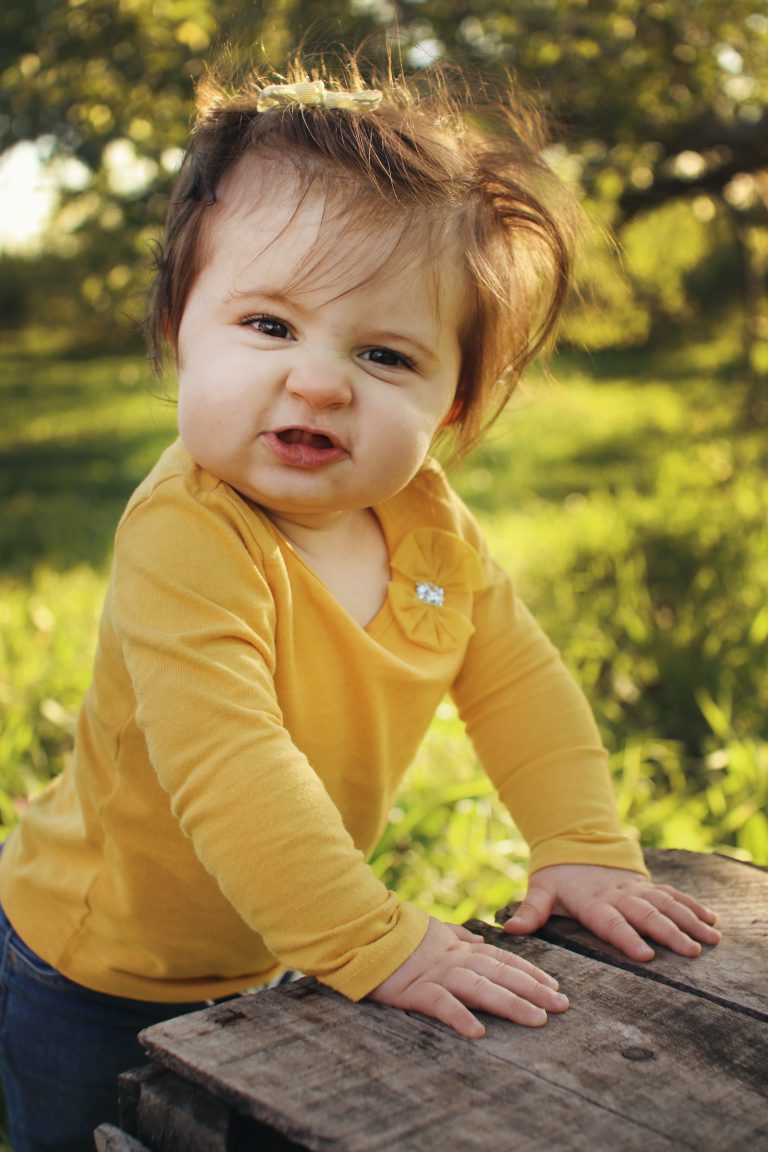
Regulating one’s impulses including anger is essential to a child’s emotional development. It can also further social skills. Check out the resources below, including the famous Tucker the Turtle to help children with anger and impulse control.
Biting
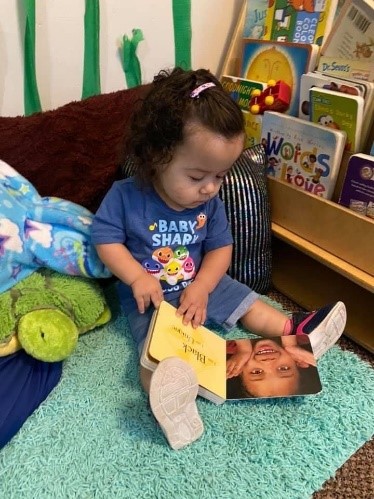
Biting is a developmentally appropriate behavior for toddlers and preschoolers but can be challenging for teachers and caregivers. Check out the resource bellow to help children who use biting as a social and emotional form of expression.
Zero to Three: Finding the Right Response
Building Relationships

Children start forming relationships with each other and their caregivers the moment they start in child care. Building positive social and emotional relationships are essential for a child’s development. View the resources below to help children with building relationships.
Calming
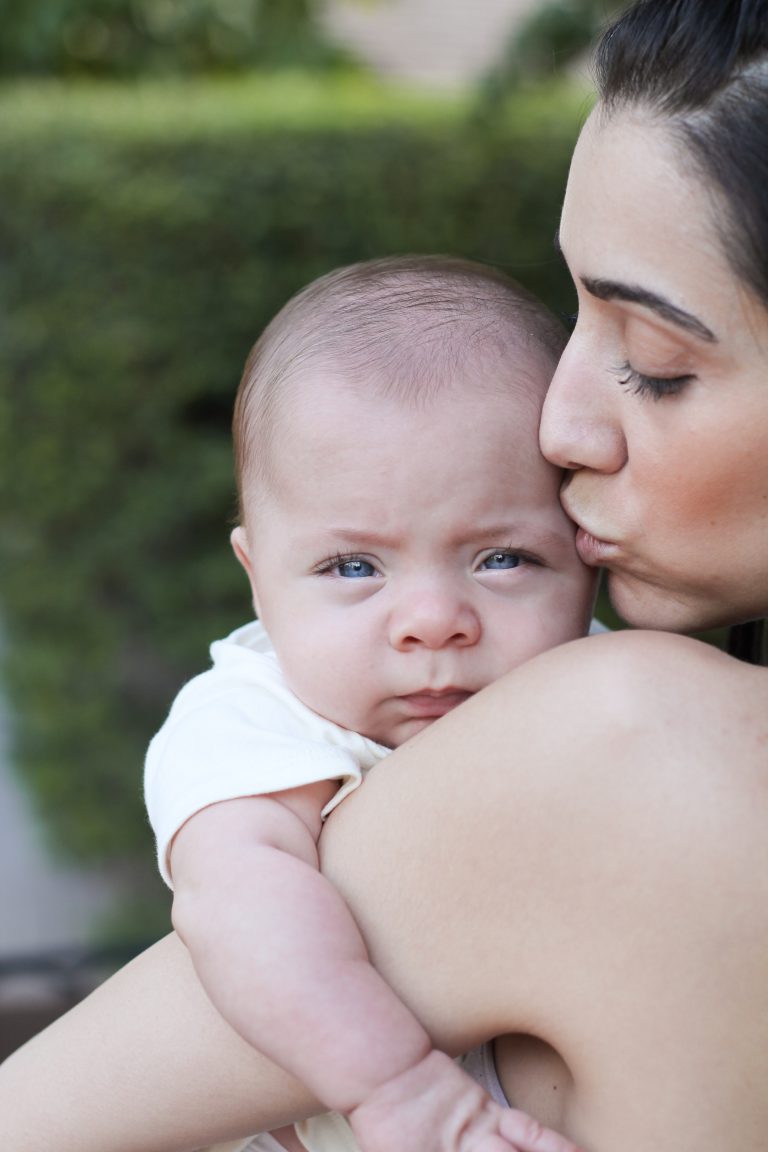
An important part of a child’s emotional development is their ability to regulate their emotions and stay calm. Caregivers can help children learn self-soothing and calming down techniques by viewing the resources below.
Expectations and Rules
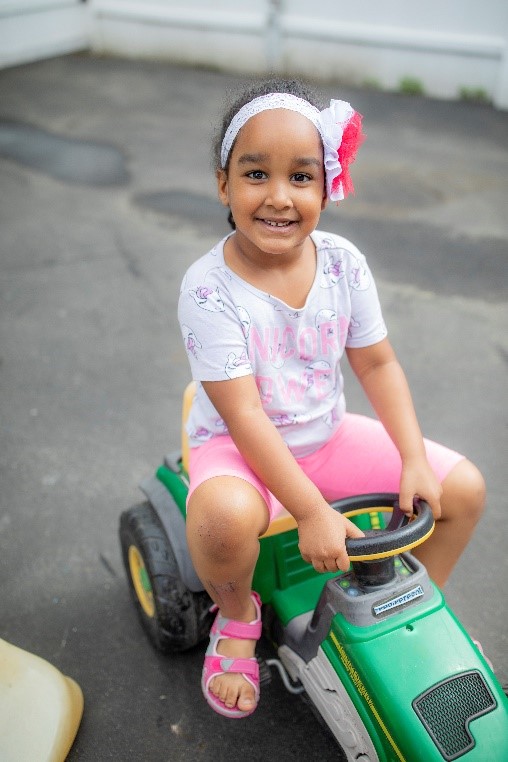
In order to help children, gain valuable social and emotional skills, rules and expectation should be introduced, taught and modeled. See below for resources to help set developmentally appropriate expectations and rules for children.
Expulsion Prevention
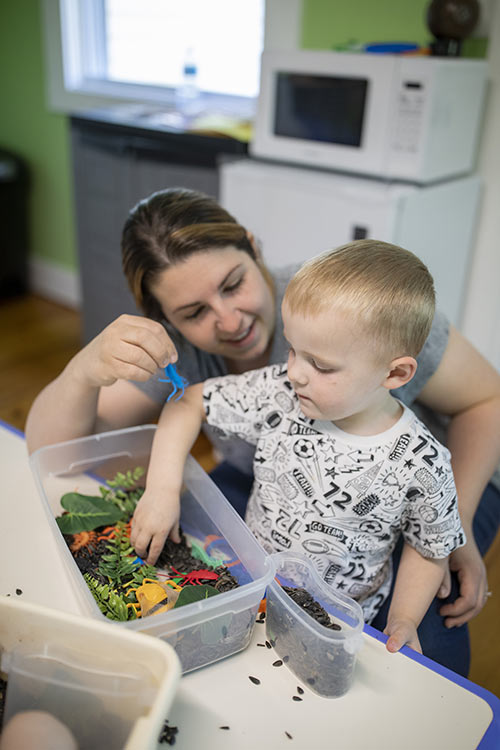
The success of young children in child care settings is closely tied to their social, emotional and behavioral development. See the resources below.
- Suspension and Expulsion in Early Childhood
- Using the Pyramid Model to Address Suspension and Expulsion in Early Childhood Settings
- Culturally Responsive Pyramid Model Practices: Program-Wide Positive Behavior Support for Young Children
- Implementing the Pyramid Model to Address Inequities in Early Childhood Discipline
Friendship Skills
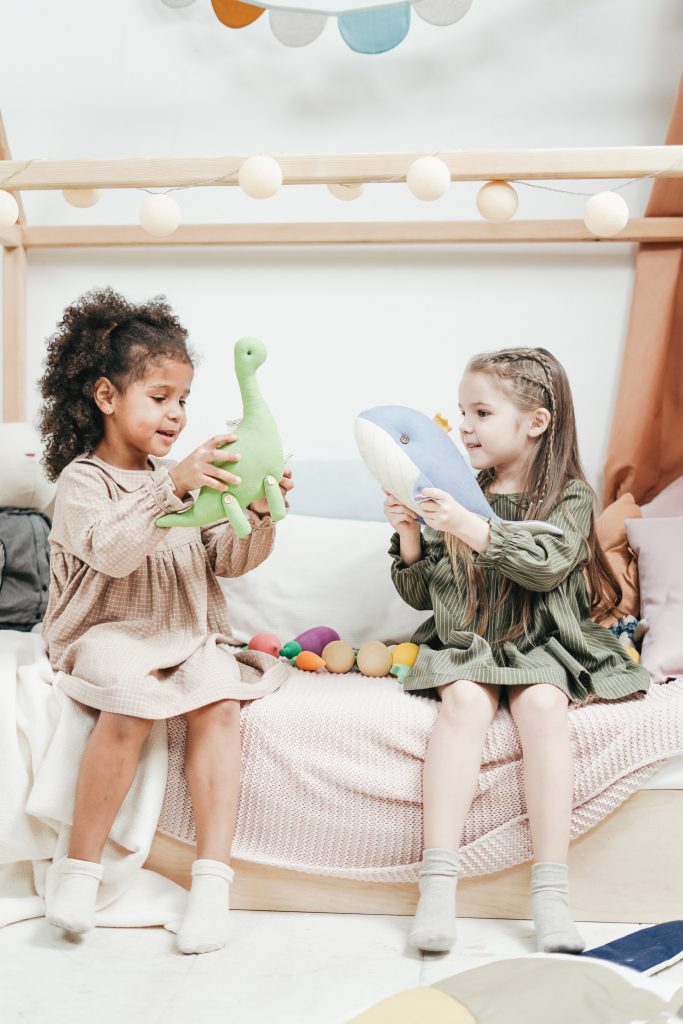
Building long term, positive relationships among children can lead to friendships forming. The resources below relate to how children can form friendships and improve their social development.
Infant Development

Infants have unique social and emotional developmental needs. To view specific information related to this age group, check out the resources below.
Problem Solving
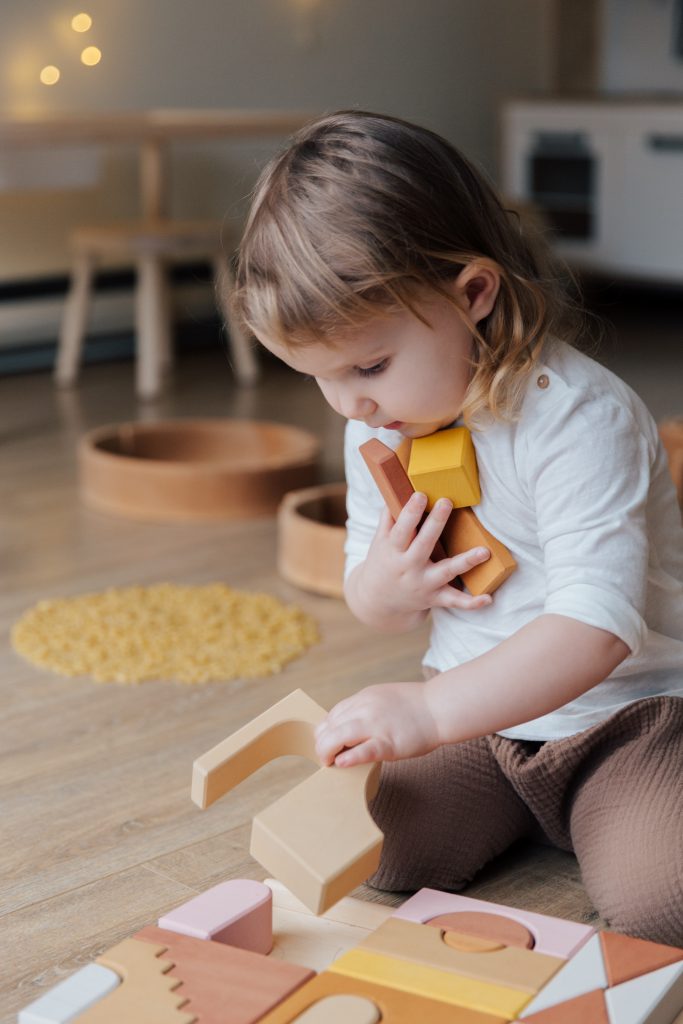
A child’s ability to solve problems directly has a direct impact on their development. Caregivers can help children learn problem solving skills by viewing the resources below.
Teaching Children New Skills
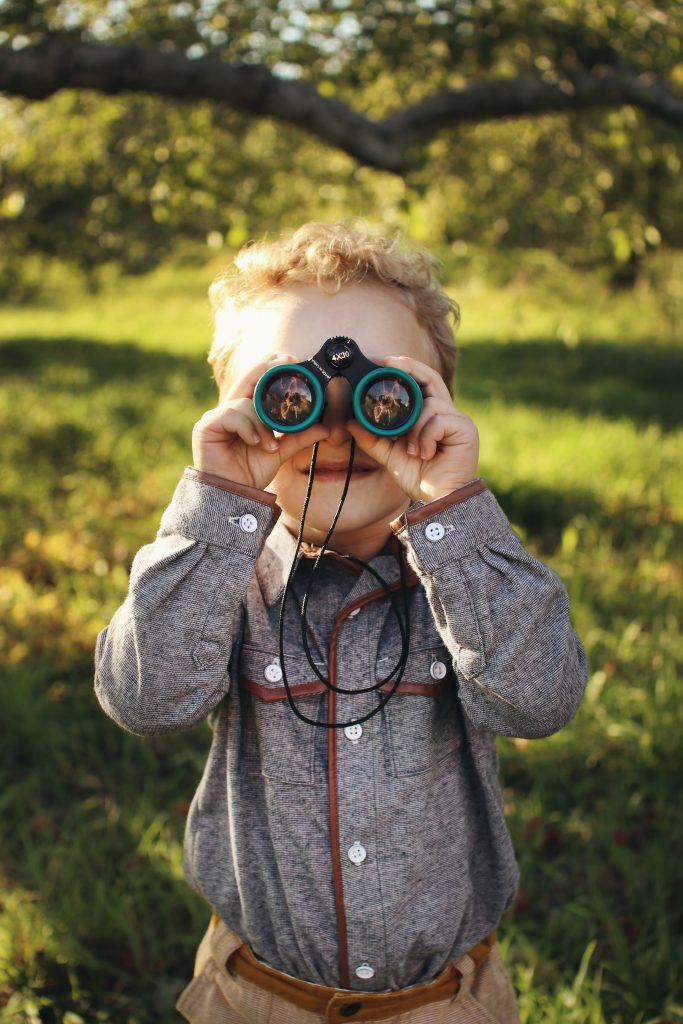
In order for children to further their social and emotional development they must be taught and encouraged to learn new skills. Check out the resources below about how to teach children new skills.
Temperament
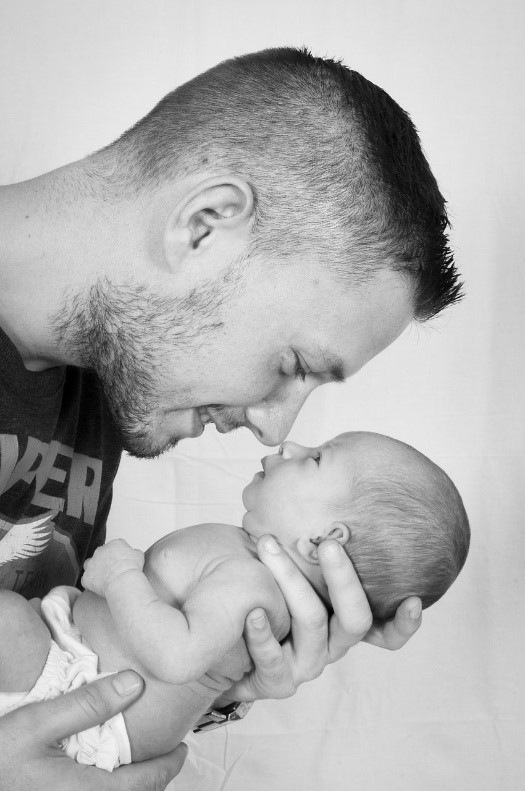
Temperament is defined as a child’s behavioral style which determines how the child reacts to situations, how their emotions are expressed and how the child’s regulates themselves. Each child has a unique temperament, and it’s important for caregivers to be responsive to each child’s unique needs. The resources below include information about the temperament of children.
Transitions
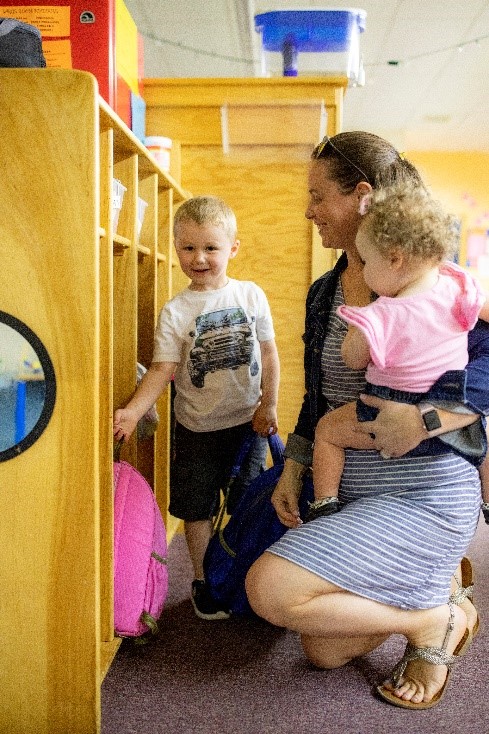
An important social and emotional part of development is a child’s ability to transition from one thing to another. Caregivers can find helpful information on how to help children transition in the links below.
Trauma Informed Care
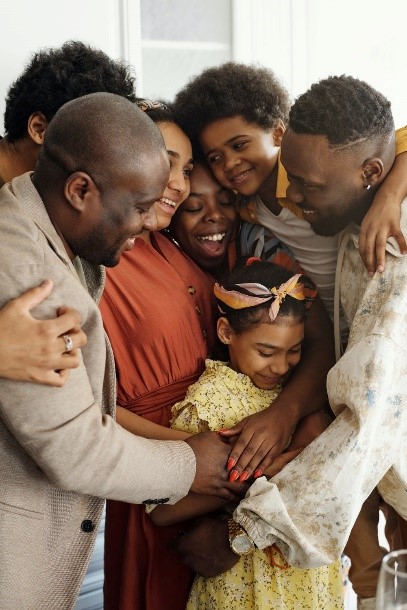
When furthering a child’s social and emotional development, it can be helpful to adopt a trauma informed based approach. That means being responsive to the child’s unique life circumstances. For more information on how trauma informed care relates to social and emotional development, check out the resources below.
Responding to Challenging Behaviors
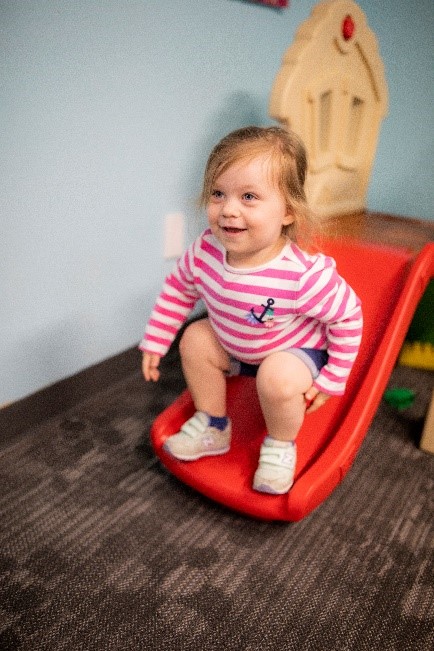
Challenging behaviors are any repeated pattern of behavior, or perception of behavior, that interferes with or is at risk of interfering with optimal learning or engagement in pro-social interactions with peers and adults. The resources below can help caregivers support children with challenging behaviors.
Working with Families

Caregivers must work hand in hand with families in order to further the child’s social and emotional development. The resource below can help strengthening communication with families and further the development of the child.
